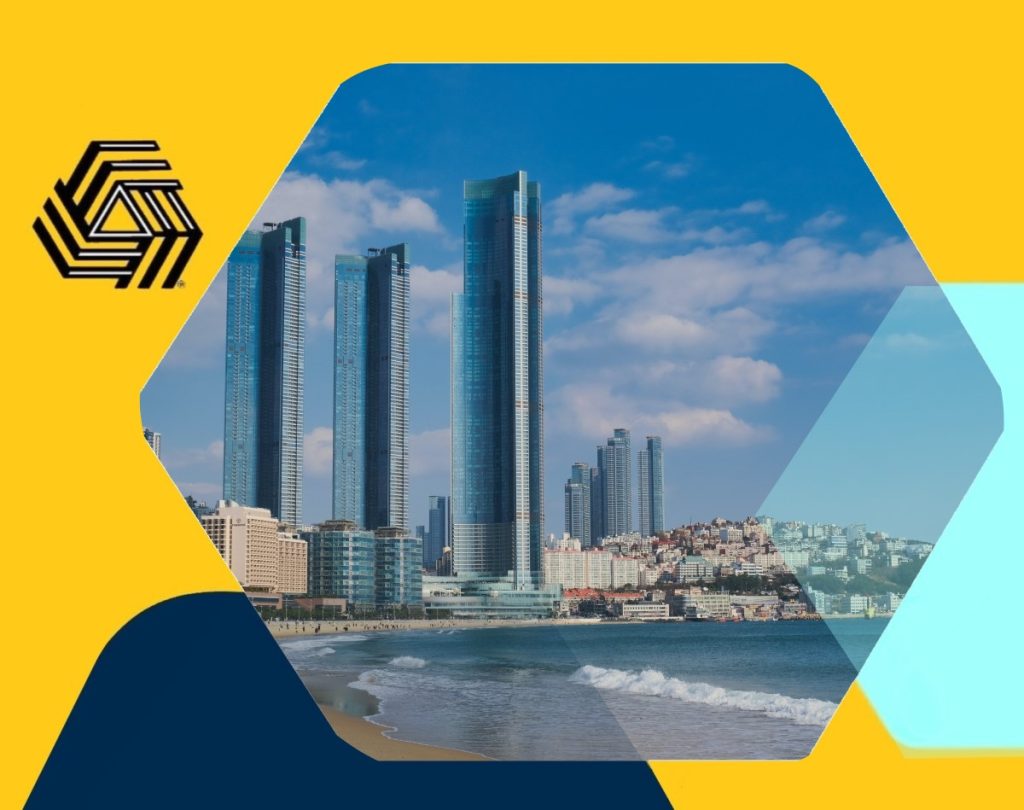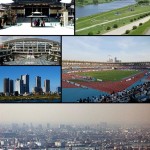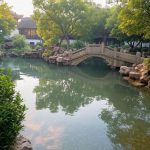[mwai_chatbot_v2 start_sentence=”Hello. Would you like to know more about living and working as an English teacher in Busan?”]
Living and working in Busan while teaching English can be a rewarding experience. Here’s some information about what to expect:
- Cost of Living: The cost of living in Busan is generally lower compared to Seoul, although it can still vary depending on your lifestyle and accommodation choices. Housing costs, transportation, and dining out are relatively affordable, making it easier to manage expenses.
- Teaching Opportunities: Busan offers a variety of teaching opportunities for English teachers. Private language institutes (hagwons), public schools, international schools, and universities often have vacancies for qualified English teachers. The demand for English education in Busan is high, providing a range of options for employment.
- Competitive Salaries: English teachers in Busan can expect competitive salaries that are generally sufficient to cover living expenses and save money. The exact salary will depend on factors such as qualifications, experience, and the type of institution you work for. It is advisable to negotiate your contract and understand the details of your salary, benefits, and working hours before accepting a position.
- Vibrant Expat Community: Busan has a significant expatriate community, including English teachers from various countries. This can provide a support network, opportunities for socializing, and chances to engage in cultural exchange. There are expat groups, clubs, and events that allow you to connect with like-minded individuals.
- Beautiful Coastal City: Busan is known for its scenic coastal areas and natural beauty. Living in Busan allows you to enjoy the stunning beaches, picturesque mountains, and scenic parks. Outdoor activities like hiking, swimming, and exploring the city’s coastline are popular among residents.
- Cultural Experiences: Busan offers a rich cultural experience with a blend of traditional and modern attractions. You can visit historical sites such as Beomeosa Temple, explore the lively streets of Jagalchi Fish Market, and enjoy traditional performances at the Busan Cultural Center. The city also hosts various festivals and events throughout the year, allowing you to immerse yourself in Korean culture.
- Public Transportation: Busan has an efficient public transportation system, including a subway and bus network. The metro system connects various parts of the city, making it easy to commute to work and explore different neighborhoods. Buses and taxis are also readily available for convenient transportation.
- Food and Dining: Busan is renowned for its delicious seafood dishes. You can enjoy fresh seafood at the Jagalchi Fish Market or explore the city’s numerous restaurants offering a wide variety of Korean cuisine. Busan also has a vibrant street food scene, with vendors serving popular local delicacies.
- Access to Travel: Busan’s location on the southeastern coast provides easy access to other destinations in South Korea and neighboring countries. The Busan International Ferry Terminal offers ferry services to Japan, while Busan’s Gimhae International Airport connects you to domestic and international flights.
- Language and Cultural Exchange: Living and working in Busan allows you to interact with Korean colleagues, students, and locals on a daily basis. While many Koreans, especially younger generations, have some level of English proficiency, learning some basic Korean phrases can enhance your experience and help foster better connections with the local community.
Busan offers a unique blend of urban development, natural beauty, cultural experiences, and culinary delights, making it a popular destination in South Korea. Here are more facts about Busan:
- Second-Largest City: Busan is the second-largest city in South Korea after Seoul. It is located on the southeastern coast of the Korean Peninsula and has a population of over 3.4 million people.
- Major Port City: Busan is a significant port city and has one of the busiest ports in the world. It serves as a vital hub for international trade and commerce, connecting South Korea with various destinations worldwide.
- Beautiful Beaches: Busan is renowned for its stunning beaches. Haeundae Beach, Gwangalli Beach, and Songdo Beach are some of the popular coastal areas where locals and tourists enjoy swimming, sunbathing, and water sports.
- Busan International Film Festival (BIFF): BIFF is one of Asia’s most prominent film festivals and takes place annually in Busan. It showcases a wide range of international and Korean films and attracts filmmakers, industry professionals, and film enthusiasts from around the world.
- Jagalchi Fish Market: The Jagalchi Fish Market is a famous seafood market in Busan, known for its lively atmosphere and fresh seafood. Visitors can experience the vibrant fish auctions and indulge in a variety of delicious seafood dishes.
- Busan Tower: Located in Yongdusan Park, Busan Tower is a popular landmark and offers panoramic views of the city and the surrounding coastline. It is an iconic symbol of Busan’s skyline.
- Gamcheon Culture Village: Gamcheon Culture Village is a vibrant and colorful hillside neighborhood in Busan. It is known for its maze-like streets, quirky art installations, and unique houses. It has become a popular tourist destination and a hub for artists and creatives.
- Busan Museum: The Busan Museum is an excellent place to explore the history and culture of the region. It houses a vast collection of artifacts, artworks, and archaeological finds, providing insights into Busan’s past.
- Busan International Fireworks Festival: The Busan International Fireworks Festival is an annual event held in October. It features mesmerizing fireworks displays synchronized with music, attracting thousands of spectators.
- Busan Metro: Busan has a well-developed metro system, making it convenient for residents and visitors to navigate the city. The metro network connects various neighborhoods, attractions, and transportation hubs.
These are just a few highlights about Busan. The city offers a unique blend of urban development, natural beauty, cultural experiences, and culinary delights, making it a popular destination in South Korea.



